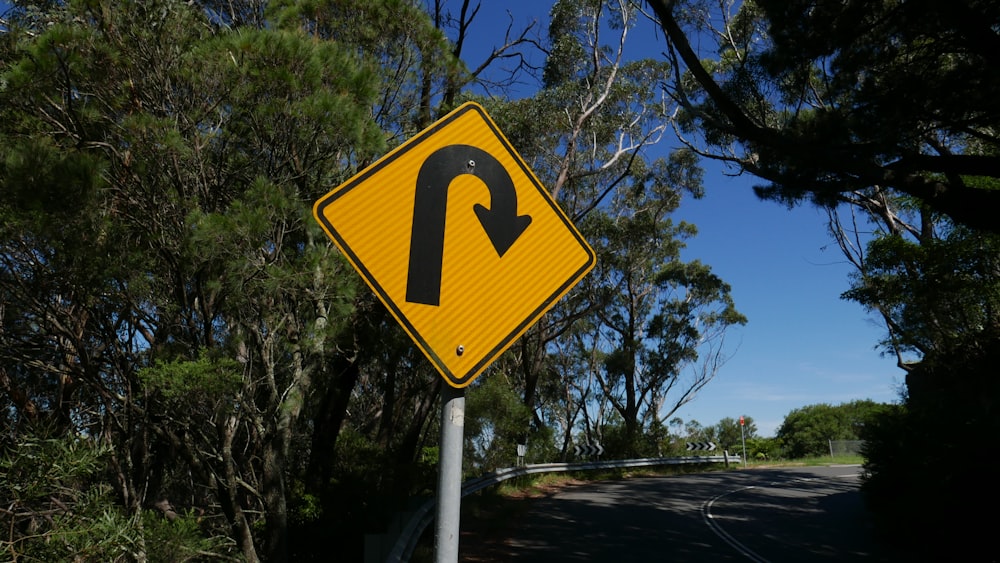Do you have anything you wish you could undo or redo?
We all do.
Some moments stand out in our lives, moments we wonder, “what if I would’ve done this instead of that? What if I had said yes to that date or job? What if I went to that school instead of working after high school?”
We also wonder about things we didn’t have anything to do with: How would my life be different if I grew up in another city? How would my life be different if my parents stayed together?
Regret and memories of things done and left undone are incredibly powerful.
Daniel Pink, a researcher that I love, recently did the most extensive research project on regret and wrote a book called the Power of Regret.
Because regret is powerful.
Some regrets we carry are huge ones, and others are small moments of regret, but they still impact us.
He said there are 4 core regrets that many of us carry:
1. Foundation regrets. This is the “too much” or “too little” regret as you look back on your life and think about having too much alcohol or partying in college, too much time playing video games, or spending money to get into debt.
Or the flip side, too little saving or studying, too little time spent with family and friends.
This can also be found in the failure to plan, work hard, and follow through on something.
2. Boldness regrets. These are the moments in the life of taking a chance, going big, or going home. Starting that business, going back to school, going on that date. The moments when we stood at the fork in the road and could, in the words of Pink, “take a chance or play it safe.” The moments of “if only.”
According to many studies, we regret our inactions more than our actions.
We lay in bed wondering what if, what would have happened.
3. Moral regrets. These are the choices of integrity and keeping our word.
Regrets abound here: Giving ourselves away to a partner in high school or college, cheating on a spouse, cheating on a test, lying to someone, taking the low road, and compromising.
These could also be when you should’ve spoken up but stayed silent. When everyone made fun of someone, but we did nothing.
Pink says that “moral regret is the if only I’d done the right thing.”
4. Connection regrets. These are the fractured and unrealized relationships in our lives.
They might be broken because of divorce, frayed because of words spoken, or broken because they weren’t what you hoped or what they should be—the moments when that person comes to mind, but we don’t call or text.
Pink says, “a connection regret sounds like if only I’d reached out.”
Before moving on, do any of these regrets resonate with you? Do you see any of them in your story? Take a moment to write them down or list them out in your head.
For us to move forward from regret, we must know what we are hoping to move forward from.
We all have regrets, but what we do with them makes all the difference. We are told of one of the biggest regrets someone carried around in the gospels: when Peter denied knowing Jesus. This actually appears in all four gospels (Matthew 26:33 – 35; Mark 14:29 – 31; Luke 22:33- 34; John 18:15 – 18).
Peter denies knowing Jesus 3 times, just like Jesus predicted he would.
In an incredible turn of events, in John 21, Peter encounters Jesus, and three times Jesus asks him, “Peter, do you love me?”
Now, leading up to this moment in John 21, Jesus recreates many of the moments in Peter’s life (the calling to be a disciple, the feeding of the 5,000, walking on water, etc.) to remind Peter, no matter how high or low the moment was, Jesus was with him, Jesus knows.
This is incredibly powerful as we think about regret.
We often think regret is the end of the story, the point of no return. And while it is excruciating and difficult to come back from, regret is not the end of the story, and Jesus wants Peter (and us) to know that.
In John 21, Jesus is reminding him: Peter, I was with you in all those moments, and all moments can be redeemed.
I think it is telling that when Jesus asks Peter, “Do you love me?” the first two times, Jesus uses the word agape, and Peter responds by saying, “You know I love [phileo] you.”
The third time, Jesus asks, “Do you love [phileo] me?” and Peter says, “Yes, I love [phileo] you.”
This is a powerful exchange. Jesus says, “I’ll take it.”
What grace.
We often think we need to have this incredible passion for Jesus, but we can’t muster that on our own.
I love how Jesus tells Peter, “I’ll take what you have and multiply it.” And Jesus does, throughout the rest of Peter’s life.
A man who denied knowing Jesus goes on, through the power of the Spirit, to launch the church in Acts 2 and through one sermon see thousands begin to follow Jesus, all the way to the end of his life when he was crucified for his faith.
All because one (or many) regrets weren’t the story’s end.







